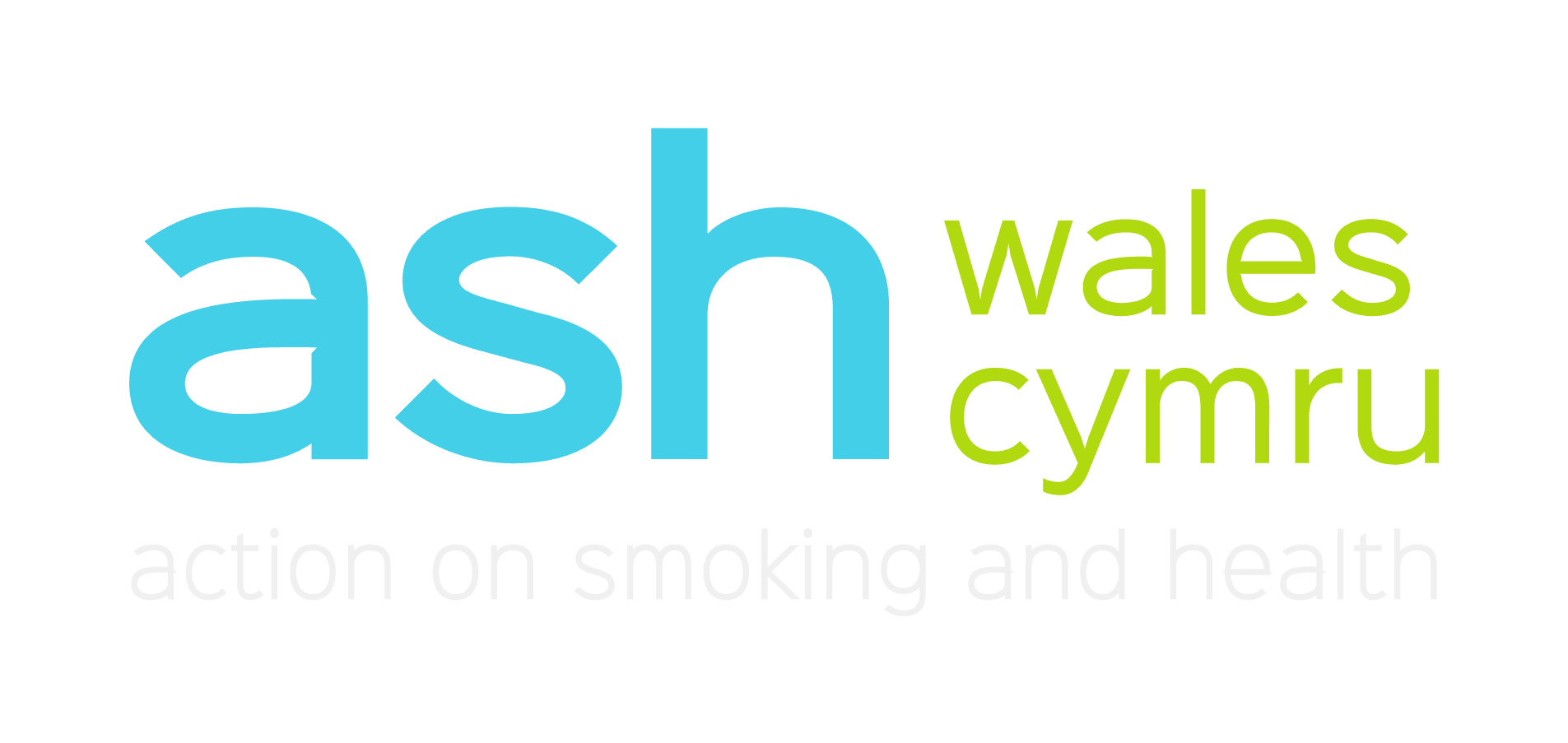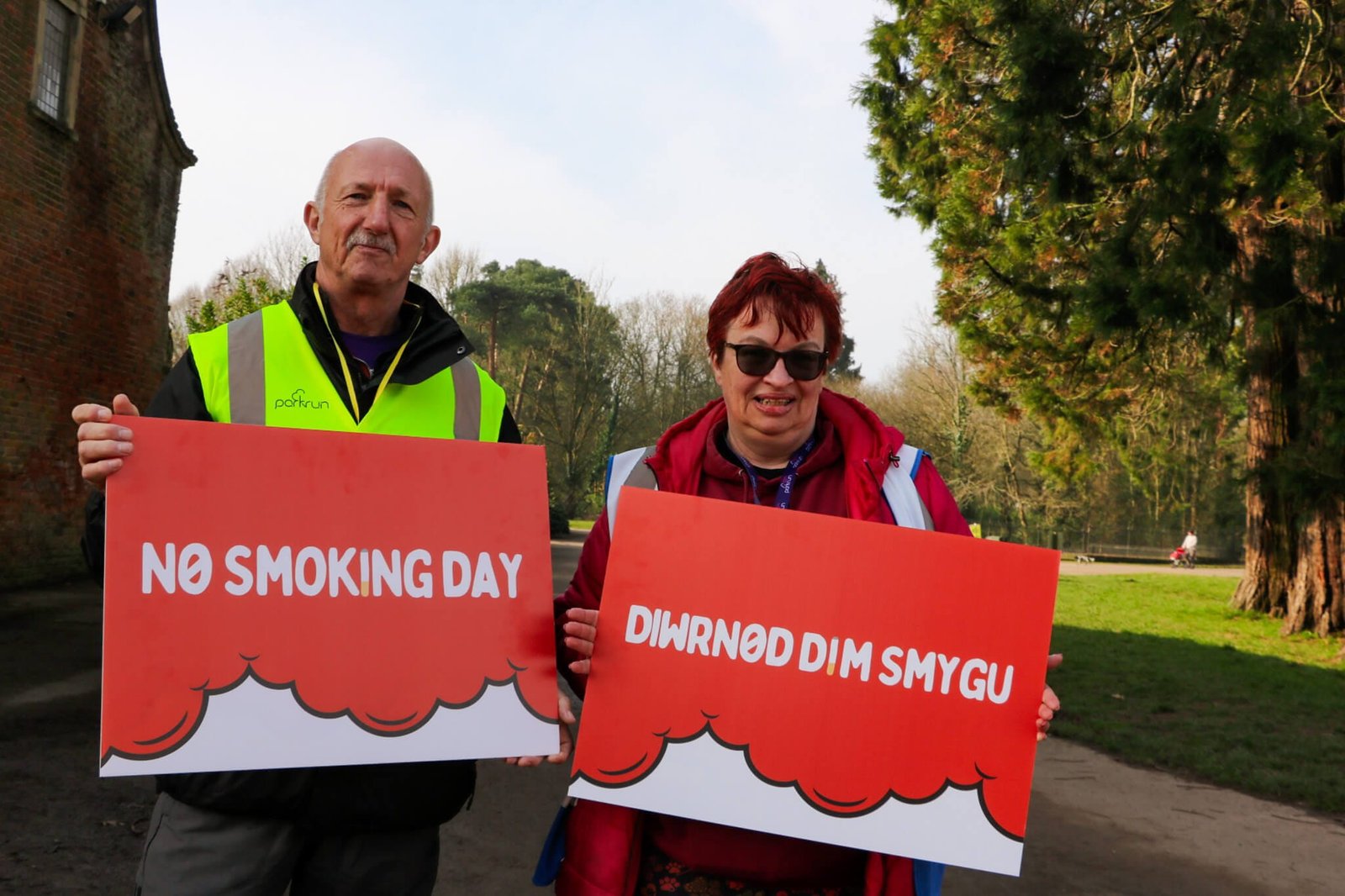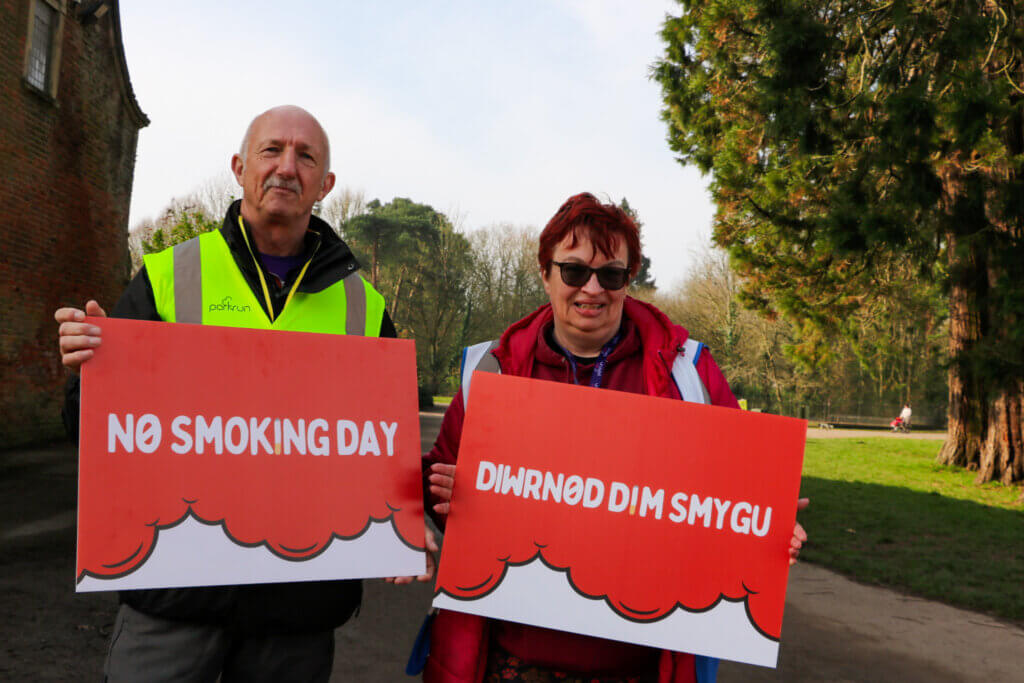A new report published by ASH Wales ahead of ‘Stoptober’ reveals that smoking costs the economy in Wales £790.66m a year, putting increasing pressure on businesses and the health service.
The costs of smoking to the Welsh economy include:
- £302 million spent on healthcare costs
- £288 million lost to productivity through premature death
- £49.5 million lost through excess sickness absence
- £41 million lost to businesses through smoking breaks,
- £25.8m spent clearing up smoking-related litter
- £45.4 million lost through premature death due to second hand smoke exposure
The report also reveals that the cost of smoking to the economy as a whole is £145m higher than the amount generated by tobacco in tax every year, dispelling the myth that smoking benefits the economy.
Smoking continues to be the greatest single cause of avoidable mortality in Wales. The Public Health Wales Observatory estimates that each year there are 5,450 deaths from smoking related illnesses. Smoking also is associated with a wide variety of diseases that can result in admission to hospital.
The Economic Cost of Smoking to Wales will be published at the Senedd in Cardiff Bay on Wednesday September 25th with ASH Wales and members of the Wales Tobacco Control Alliance calling for more flexible support, in a range of locations to help people quit smoking.
Evidence shows that 70% of adult smokers in Wales want to stop smoking and that 38% had tried to quit in the last year. To reduce the smoking rate for adults to 16% by 2020 the Welsh Government has stated that 5% of Welsh smokers should be accessing cessation services each year, amounting to almost 30,000 smokers each year.
ASH Wales and the WTCA say this is challenging, but can be achieved if cessation services are “accessible, equitable and broad” and that more support, offered by a range of providers is made available in places such as:
- workplaces
- local pubs and social clubs
- job centres
- libraries
- mobile quit smoking units
Elen de Lacy, Chief Executive of ASH Wales said: “The evidence on both the costs to the economy and to public health of smoking is stark and they are dragging Wales down. “We know that the vast majority of people who smoke want to quit, but we need more investment in a wider range of services that suit people’s needs. If we don’t invest the resources needed we will struggle to reduce smoking rates from 23% to 16% in Wales by 2020 and the burden on the economy will continue to increase. We have to provide more flexible timings and settings for people to access quit services to ensure they get support when and where they want it. We need to start taking quit support out into the community and offer more sessions in workplaces, job centres, community centres and local pubs. Quit smoking interventions need to be part of a comprehensive package to tackle stagnant smoking rates in Wales. We also need to de-normalise smoking for young people to stop them smoking in the first place by banning the glossy packaging that makes cigarettes look like fashion accessories and legislate for a ban on smoking in cars carrying children.”
Simon Gillespie, Chief Executive at the British Heart Foundation, which part-funded the report, said: “We know that smoking is deadly for people but it’s clear it’s deadly for the economy, too. The day Wales and the rest of the UK become smoke free cannot come soon enough. The Welsh Government’s continuing efforts to reduce smoking must be applauded but we need even more work if we want to reduce the terrific burden and appalling misery smoking is placing on our communities right across Wales. Services to help people to kick the habit must be accessible to all and there must be further efforts to stop future generations from starting to smoke, including the introduction of standardised cigarette packs.”
Kate Alley, Cancer Research UK’s tobacco policy manager, said: “The common misconception that tax raised from tobacco outweighs the cost of smoking to society simply isn’t true as shown by this report from ASH Wales. Smoking kills 100,000 people in the UK – 5,450 of whom are in Wales. That debt cannot be repaid, which is why more support is needed for the 70 per cent of adults who want to quit.
It’s essential to make stop smoking services accessible, properly funded and within reach of people who need them. Eight in 10 smokers start before the age of 19, so we must act to stop children from taking up the habit. We are pleased that Mark Drakeford has pledged to investigate whether Wales can legislate on standardised packaging of tobacco products, which will give children one less reason to start smoking.”
BMA Cymru Wales Senior Public Affairs Officer John Jenkins said:
“Not only does smoking devastate our health, with thousands of adult deaths every year and thousands of others affected by smoking-related illness, it also has a considerable negative impact on the Welsh economy as these statistics show.
Taking into account premature death, costs of smoking-related fires in commercial properties, clearing smoking-related litter, the costs of treating disease caused by passive smoking or the full range of medical conditions associated with smoking, dropped productivity and absenteeism, government revenue gained does not go anywhere near covering these costs. We therefore need to be tougher on the tobacco industry, using the strongest possible measures to control the sale of tobacco. We also need to increase the duty on tobacco, holding tobacco companies to account and requiring greater transparency, whilst continuing to fund prevention and cessation services to help smokers quit and stop young people from smoking.”
Martin Semple, Interim Director of the Royal College of Nursing in Wales, said: “It is evident that there are challenges in reducing the number of people still smoking in Wales which is placing an unnecessary burden ? one that is unsustainable in the long term ? on the NHS. Smoking causes more preventable deaths than anything else. Every day nurses working across a wide spectrum of health see the serious health consequences of tobacco, and the RCN has consistently campaigned for initiatives to reduce the number of people who smoke. However, smoking remains the major cause of premature death and disease. Crucially, we now need more robust ideas to stop people smoking in the first place. We support and promote the importance of implementing comprehensive local tobacco control programmes to achieve improvements in public health.”
Dr Alan Rees, RCP vice president for Wales said:
“We know that smoking is still the largest avoidable cause of premature death and disability in Wales. Across the UK, there are around 10 million smokers, of whom half will die prematurely as a result of their smoking, unless they quit. Smoking also remains a massive drain on economic resources, costing the Welsh NHS around £302 million every year. As doctors, every day we see the terrible long-term effect smoking has on our patients. That’s why we believe that more needs to be done to help people stop smoking as well as to protect children from passive smoking. For example, we continue to call for the introduction of plain packaging for tobacco products.”
A company based in Wales that is taking quit smoking support seriously is GoCompare. Kath Denton, Head of Organisational Development at GoCompare said: “A smoking cessation group was one of the original health and wellbeing initiatives we set up and we continue to recognise the difficulties that our staff members face in trying to stop smoking. To help them we provide free non-smoking resources for staff such as patches, gum, information packs, signposting and a free copy of Allen Carr’s Stop Smoking book. In addition, two members of staff (both ex-smokers) attended brief intervention for smoking cessation training in May 2013. This means they are now in a position to really be able to help staff who want to give up smoking by talking them through the various models and techniques available to smokers and refer them to ‘Stop Smoking Wales’ where possible. We also encourage ex-smokers to buddy up with those who are trying to quit, to increase their chances of success and provide an understanding ear when they need it most. We also participate in National No Smoking Days and promote this actively within the company.”









